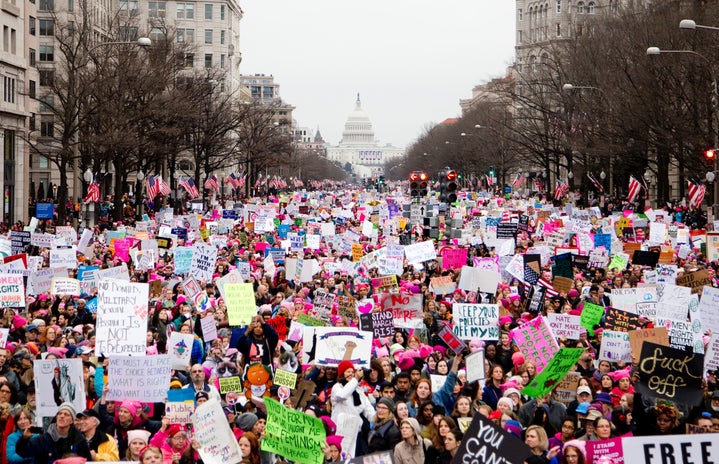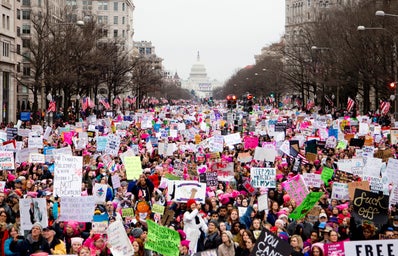When we think of abortion, usually we think of women’s rights and feminism. Very few of us think that the issue goes beyond that realm. However, in the fourth wave of feminism, the wave we are currently in, intersectionality has become the focal point of the movement. Intersectionality acknowledges that different factors, like socio-economic status and race, contribute to the discrimination of a group of people. So when Roe v Wade was overturned by the US Supreme Court, one of the arguments I found most interesting was how climate change and abortion rigths intersect.
With the earth becoming more polluted by the second, and temperatures constantly rising over the years, conditions have become unsuitable for pregnancies. For example, a recent study showed that excess heat is highly correlated with stillborn births. Pollutants like carbon monoxide, particulate matter and ozone can lead to birth defects. For example, pollution has been shown to decrease telomere length, which protects our DNA. Shorter telomere lengths lead to cell death, which causes the birth defects. Other effects of air pollution are preterm birth, low birth weight, stillbirth and congenital pregnancies. This means that the chances of women having difficult pregnancies that require termination is higher. In states like Idaho, where there is an absolute ban on abortions including abortions which are neccesary treatments, this could cause the greatest reproductive health crisis women have faced in mordern times.
Additionally, with the climate deteriorating day by day, it is a health threat to future generations. For example, by 2050, the earth would be 2 to 4 degree Celsius hotter than it already is. While this seems like a small number, it has vast impacts. It would cause the melting of ice caps that would raise sea levels everywhere. Recently, South Korea, a place that rarely experiences floods, recorded rainfall causing at least 9 to be dead. The 2 to 4 degree Celsuis increase could cause an increase in heat waves (something Singaporeans are acutely aware of),devastate the environment and worsen the food and water crises in third world countries.
Furthermore, carbon dioxide emissions are at an all time high and humans are the very cause of it. Not simply because of the way the respiratory system works, but because of the things we consume. Meat is a huge portion of our carbon footprint, and shopping online or having delivery service increases the transportation hitting the roads (or skies). The source of emissions from electricity and transportation is the oil and gas industry, and hence they are the major culprits that produce carbon emissions. With our lives already set into the modern ways of the world that requires some of these things for survival, producing large amounts of carbon emissions seems inevitable. As such, it seems like the future for the generations after us are dire, and perhaps even unlivable. Bringing a child into the world would almost seem inhumane.
To further complicate things, race is added to the mix. Women from the Global South, such as Africa, or even Black women in America are more deeply affected by the abortion issue. Creating access to contraception and safe abortion will allow girls to continue their education, instead of giving it up in the case of pregnancy, where they have to carry to term and eventually raise their child. Especially in the Global South where the food crisis is the worst, having big families means more mouths to feed, and starvation is a very real challenge some of these women face. These same women also face inequality and poverty, coupled with the climate crisis, they experience higher death rates, and pregnancies are more dangerous for them as compared to other women in more affluent countries. For Black female Americans, their pay is usually the lowest on the payroll, and having an unwanted pregnancy without the option of abortion would mean they would have to pay the financial and social cost out of their already smaller reserves.
Seeing how climate change comes into play with the abortion issue makes the reproductive rights of women even more valuable, and the situation even more of an emergency. So regardless of your passion, whether it be about race, poverty or climate change, remember that all these issues intersect and are never separate from each other. Helping one another out by voicing out through even simple means like reposting an Instagram story on abortion, is playing your part in advocating for better conditions for all.


